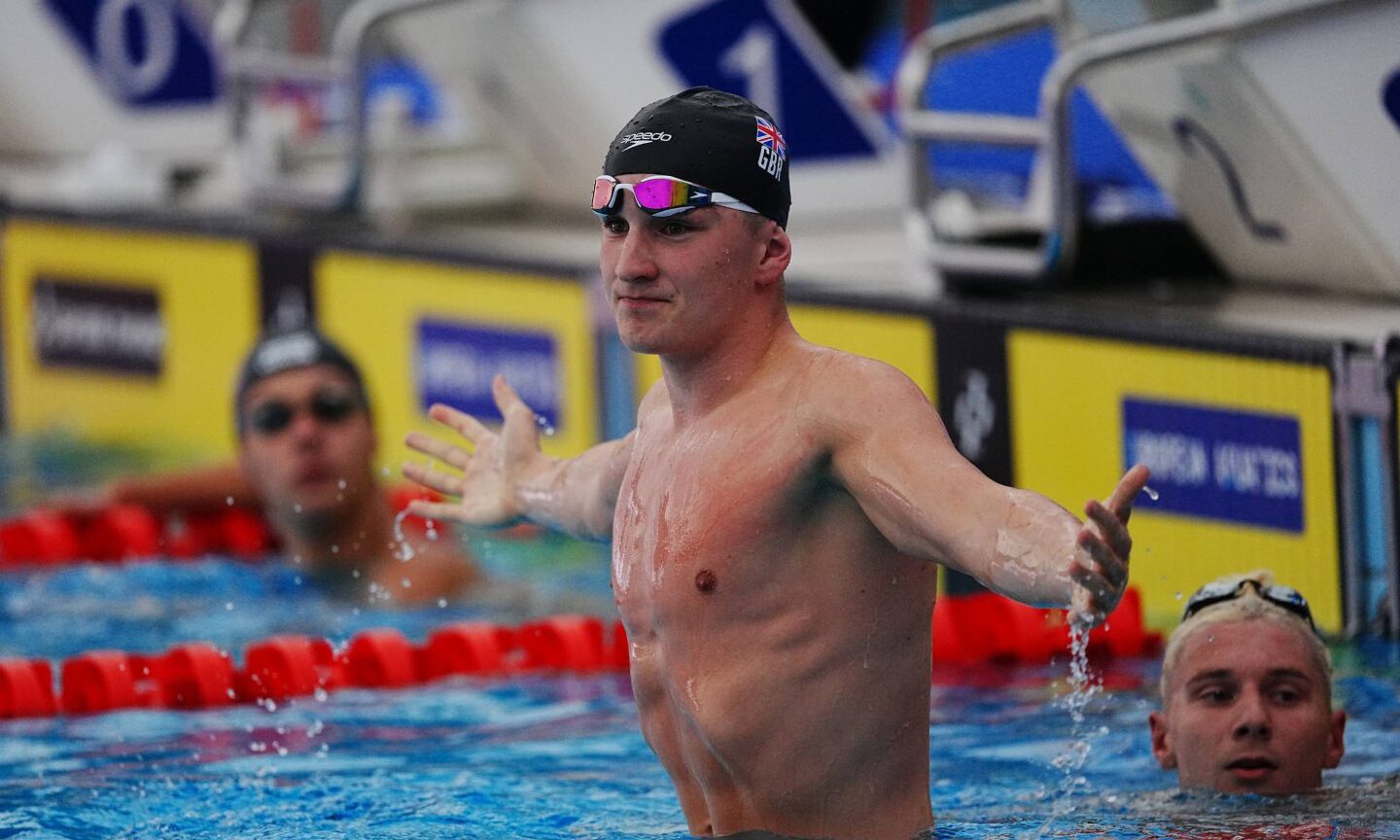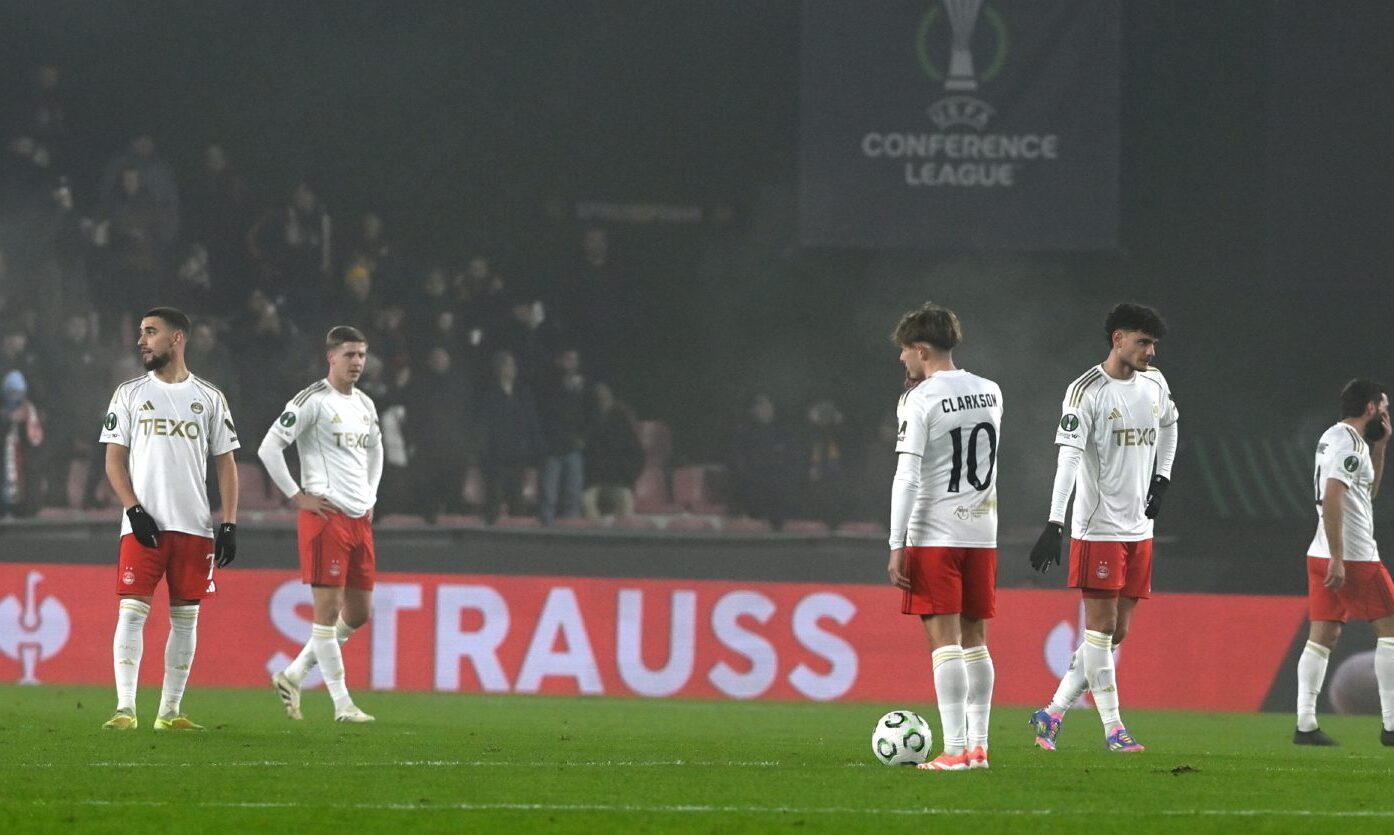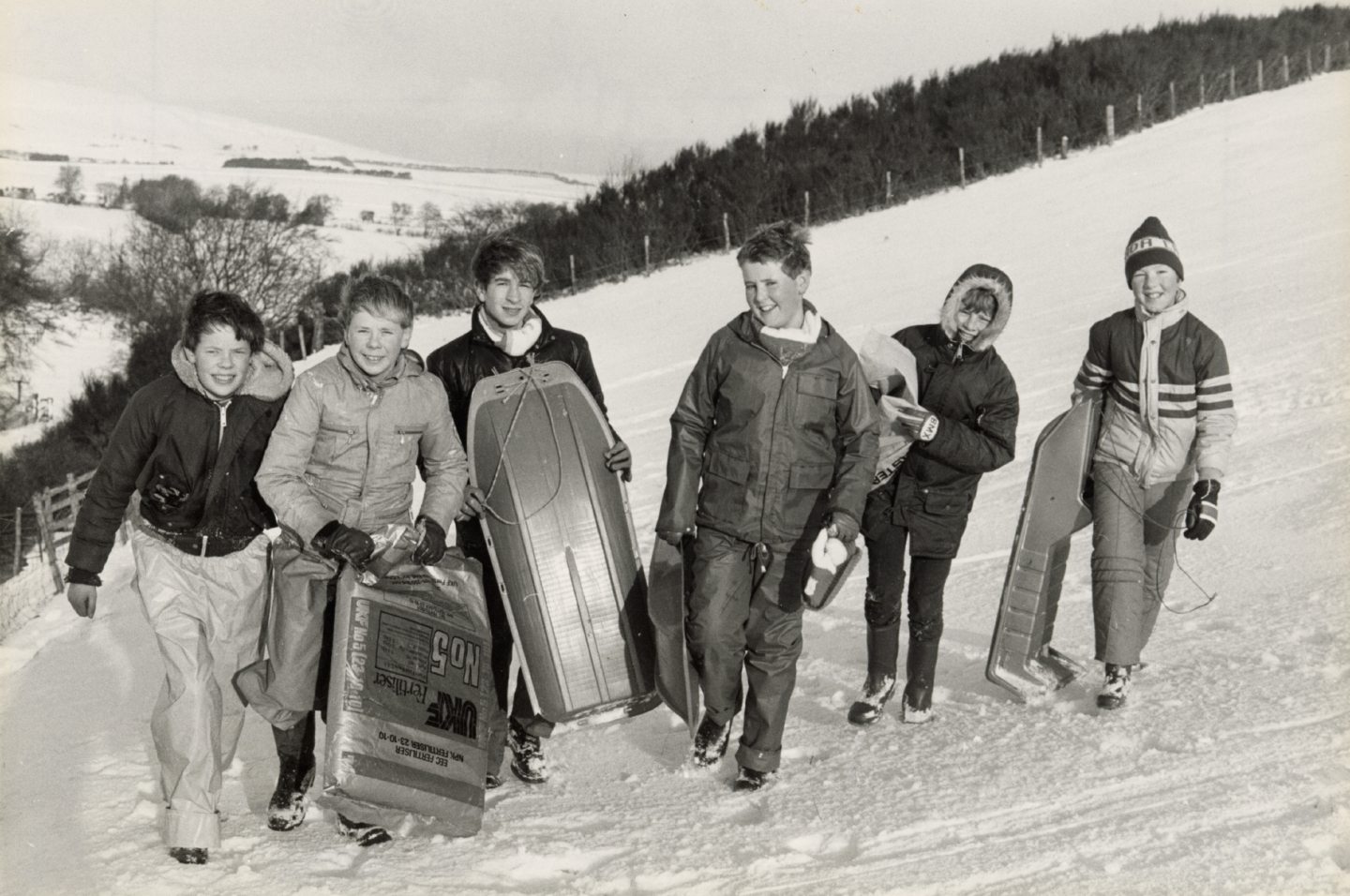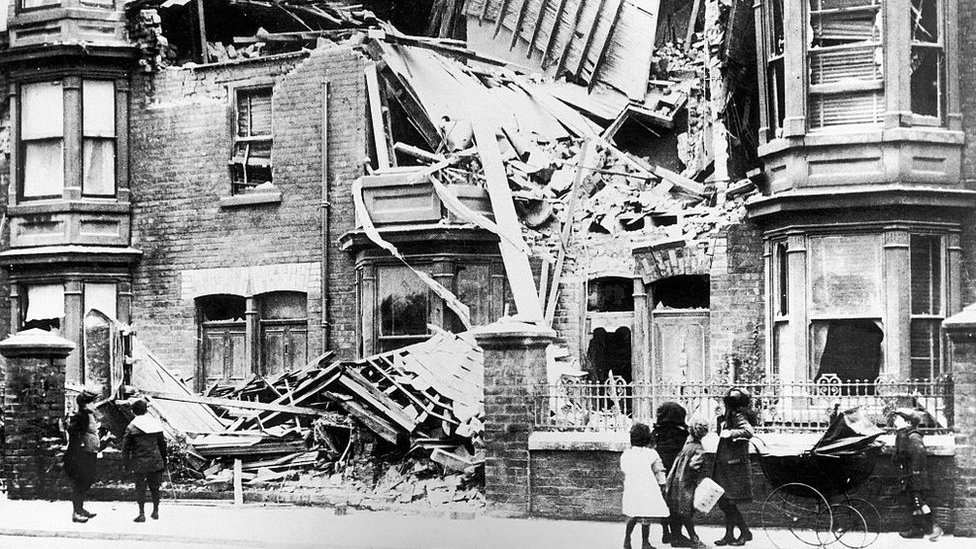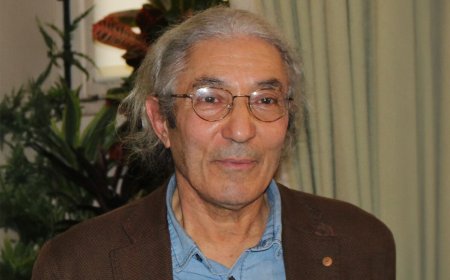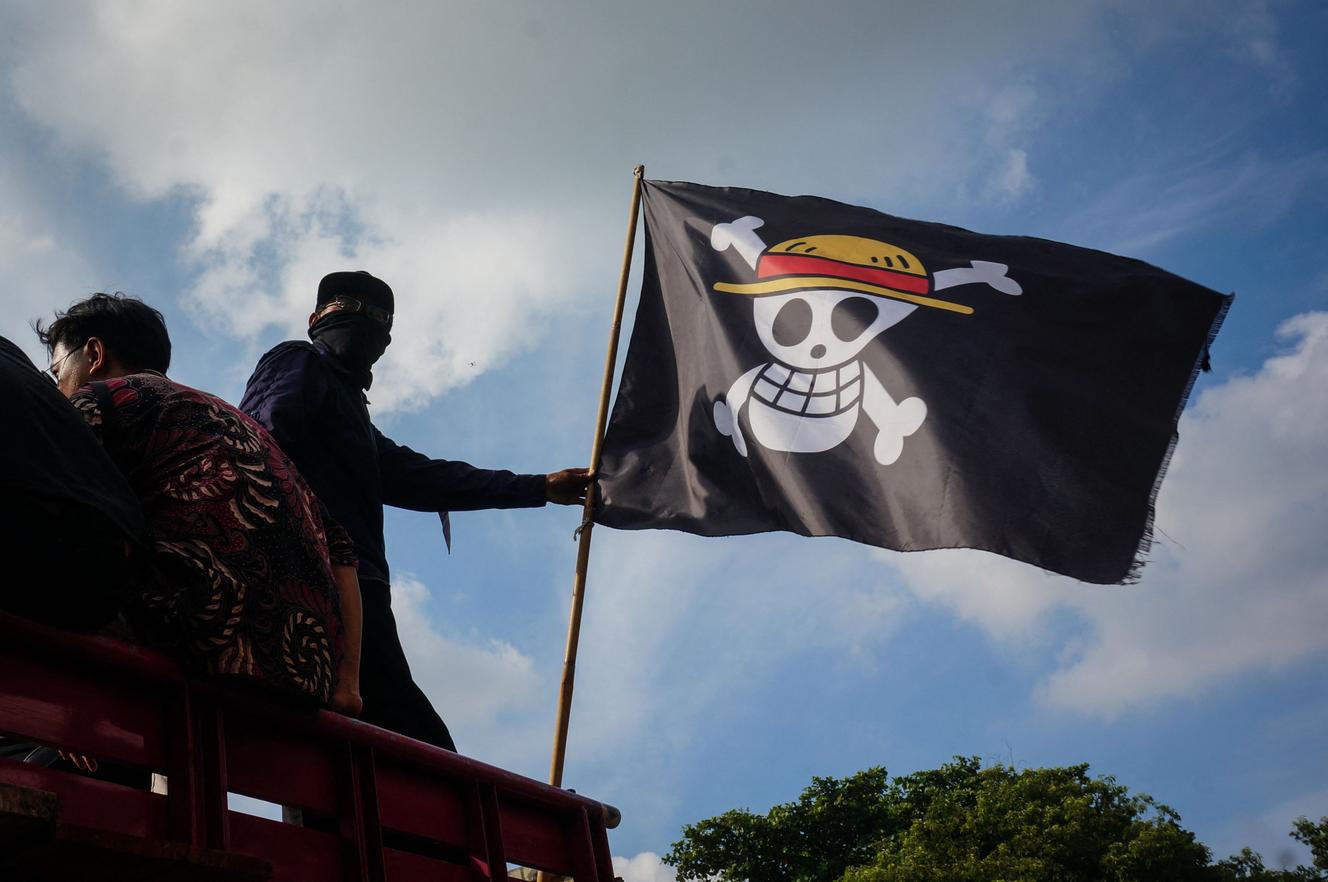Remembering the Late Idris Barzani: A Young Leader's Legacy on the 49th Anniversary of the Gulan Revolution
Sirwan Abdulkarim Ali / Politician and academic
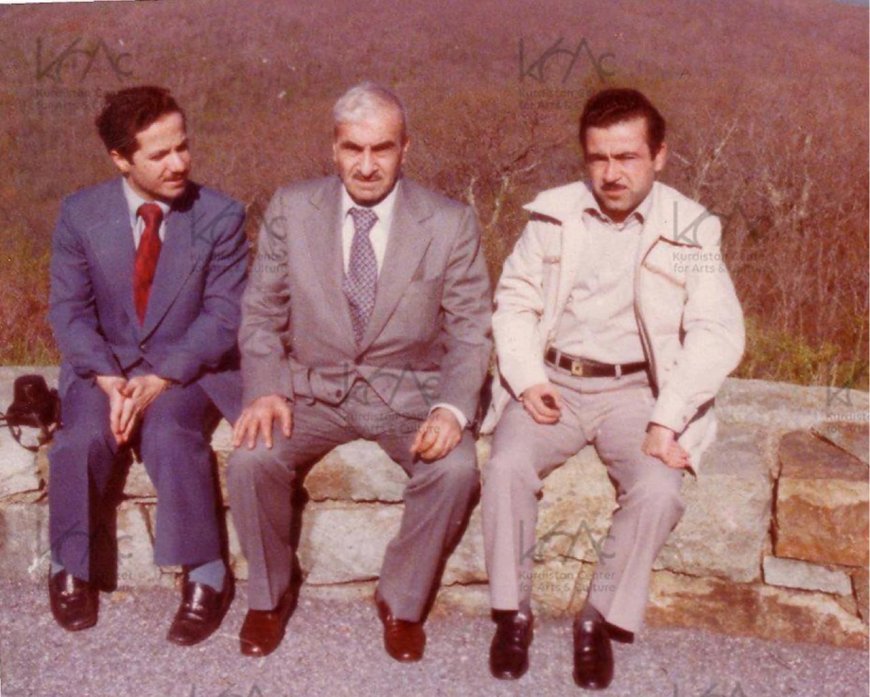
On the 49th Anniversary of May 26, 1976 – A Tribute to an Immortal Kurdish Leader
In memory of Idris Mustafa Barzani (1944-1987)
As Kurdistan marks another anniversary of the historic Gulan Revolution of May 26, 1976, we pause to remember one of its most pivotal figures: the late Idris Mustafa Barzani. Born in 1944 in Barzan, a village in Iraqi Kurdistan, the late Idris Barzani would emerge as a defining voice of Kurdish resistance, leadership, and sacrifice during some of the most challenging periods in Kurdish history.
The late Idris Barzani was one of the most prominent political figures in Kurdish politics, spending his entire life serving the Kurdish cause alongside his father Mullah Mustafa and brother Massoud Barzani. When the March 1975 Algiers Agreement between Shah Pahlavi and Saddam Hussein led to an interim setback for the September Revolution, it seemed as though the Kurdish struggle had reached its darkest hour. Yet it was in this moment of despair that the late Idris Barzani, alongside his brother President Masoud Barzani, began to kindle the flames of what would become the Gulan Revolution.
President Masoud Barzani, who witnessed firsthand Idris Barzani's exceptional leadership qualities, has spoken extensively about his remarkable ability to simultaneously manage the complexities of leading a dispersed population and coordinating military resistance. In his book, the President describes their relationship as so profound that they were viewed as twins—two souls united in their vision for Kurdistan's future. Most significantly, His excellency bestowed upon Idris Barzani the extraordinary title of "the father of the nation at that young age." This recognition speaks volumes about the late Idris Barzani's exceptional maturity and leadership capabilities that transcended his years. President Barzani's repeated references to the late Idris Barzani's management skills highlight how the young leader successfully balanced the enormous responsibility of caring for thousands of refugees while maintaining the organizational structure of the peshmerga forces.
The words of President Masoud Barzani echo through history, painting a vivid portrait of one of Kurdistan's most extraordinary young leaders—the late Idris Mustafa Barzani (1944-1987). In his writings and speeches, President Masoud Barzani has repeatedly testified to how Idris Barzani masterfully managed both the Kurdish people and the resistance leadership during one of the most challenging periods in Kurdish history. The testimony is powerfully reinforced by other prominent Kurdish leaders who witnessed Idris Barzani's extraordinary character during the Gulan Revolution. The founder of the Patriotic Union of Kurdistan (PUK), Ibrahim Ahmad, along with Muhammad Mala Qader and the MartyrFranso Hariri, all bore witness to his remarkable bravery and charisma during this critical period.
Ibrahim Ahmad (1914-2000), the founder of the Patriotic Union of Kurdistan in 1975, witnessed firsthand the character of the late Idris Barzani during these trying times. Ahmad, who had observed many Kurdish leaders throughout his distinguished career as a political figure and intellectual, noted that the late Idris Barzani was ready to resume peshmerga and partisan activities without hesitation. The veteran politician reportedly said with tears in his eyes that "Barzani's family are here to die for the nation" – a testament to the unwavering commitment that defined the late Idris Barzani's approach to Kurdish liberation.
On May 26, 1976, a detachment of Peshmerga consisting of 23 Peshmerga fighters encountered an Iraqi army unit in the Dol Zevi region, after a plan and preparations. Although the fighting lasted for an hour, it ended the period of defeat, marking the beginning of what would become known as the Gulan Revolution. The late Idris Barzani, working under the supervision of the immortal Mustafa Barzani, played a crucial role in this historic moment that would reshape the course of Kurdish resistance.
Franso Hariri (1937-2001), the Assyrian-Kurdish politician and long-standing Kurdistan Democratic Party member, bore witness to the late Idris Barzani's extraordinary leadership during the Gulan Revolution. The Martyr Hariri testified to the charisma and bravery that the late Idris Barzani demonstrated while leading the revolutionary efforts of May 26, 1976. Perhaps most remarkably, the late Idris Barzani managed to absorb and address the suffering of thousands of refugees while simultaneously reorganizing the scattered units of peshmerga forces. Even as his father, the Immortal Barzani, lay hospitalized, the late Idris Barzani remained steadfast in his commitment to supporting those who had been displaced by war and persecution. The late Franso Hariri would later recount that none of the refugees who visited the late Idris Barzani in his tent left without receiving both moral support and financial assistance. This generosity of spirit, combined with his tactical acumen, made the late Idris Barzani a beacon of hope during Kurdistan's darkest hours.
The late Idris Barzani's unwavering commitment to the cause was perhaps most poignantly expressed in his letter to President Masoud Barzani dated March 3, 1975, where he wrote: "If we failed to achieve a generous life, it is possible to accept death with dignity." These words, preserved in historical accounts, encapsulate the philosophical foundation that drove the late Idris Barzani throughout his brief but impactful life. Throughout the difficult period following the collapse of the September Revolution, the late Idris Barzani embodied the principle that the enemy should never be allowed even a moment of satisfaction. His relentless pursuit of Kurdish rights and his refusal to accept defeat became defining characteristics of the Gulan Revolution's spirit.
The late Idris Barzani was known to be the peacemaker figure among the Kurdish parties after the 1975 Algiers Agreement between Shah Pahlavi and Saddam Hussein which led to the Collapse of the Peace Accord. In the 1980s, Idris Barzani repeatedly attempted to hold a Kurdish Congress gathering the Kurds to unify the Kurdish political parties. Tragically, the late Idris Barzani died on January 31, 1987, of a heart attack in Urmia, Iranian Kurdistan, at the young age of 43. His sudden passing sent shockwaves through the Kurdish community, leaving a void that seemed impossible to fill. Yet his impact on Kurdish politics and the liberation movement continued to resonate long after his death.
Both President Masoud Barzani and the late Idris Barzani had worked tirelessly throughout the 1980s in establishing the Kurdistan Front in pursuit of unifying the various political parties of Kurdistan, demonstrating his commitment to Kurdish unity until the very end of his life. As we commemorate the 49th anniversary of the Gulan Revolution on May 26, 2024, we remember the late Idris Barzani not merely as a political figure, but as a young Kurdish leader who shouldered the weight of an entire nation's aspirations. Reading from the accounts preserved in historical records, including those referenced in modern scholarship such as Hamed Gawheri's research, we are reminded that the late Idris Barzani represented the best of Kurdish leadership: courage, compassion, strategic thinking, and an unwavering commitment to his people's welfare.
The late Idris Barzani's legacy lives on in the Kurdistan Region of today, where his son, Nechirvan Idris Barzani, serves as President, carrying forward the family tradition of service to the Kurdish people. The political institutions, the spirit of resistance, and the commitment to Kurdish rights that define modern Kurdistan all bear the imprint of the late Idris Barzani's contributions during those crucial years of the Gulan Revolution. His message endures: that no sacrifice is too great when made in service of one's people, and that even in the darkest moments of defeat, the seeds of future victory can be planted through determination, compassion, and unwavering faith in the righteousness of the Kurdish cause.
On this anniversary of the Gulan Revolution, we honor the memory of the late Idris Mustafa Barzani (1944-1987), the late Ibrahim Ahmad (1914-2000), and the Martyr Franso Hariri (1937-2001), along with all the martyrs and heroes who sacrificed for Kurdish freedom. Their legacy continues to inspire new generations of Kurdish leaders and activists in the ongoing struggle for dignity, rights, and recognition.


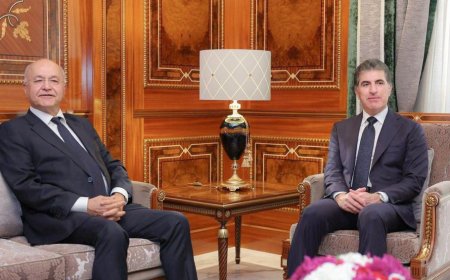









/file/attachments/orphans/rebecca-hague-mothers_864112.jpg)







